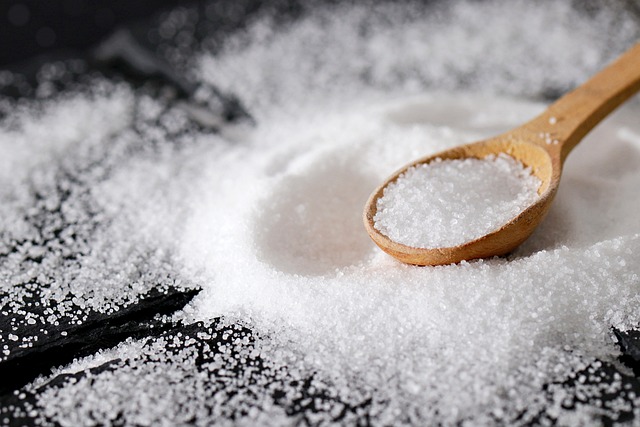WHO calls for less salt in products

People all over the world eat too much salt and thus absorb too much sodium. Only 1,89 percent of World Health Organization (WHO) member states have mandatory and comprehensive measures to address excessive sodium intake, according to a global report. Around XNUMX million deaths worldwide are attributed to increased sodium intake every year. Too much sodium in the diet not only increases the risk of high blood pressure and cardiovascular disease, but has also been linked to stomach cancer and kidney disease.
The main source of sodium is table salt (chemical: sodium chloride). The average salt intake worldwide is 10,8 grams per day, more than double the WHO recommendation of less than 5 grams per day; this corresponds to a level teaspoon. All 194 WHO member states had already agreed in 2013 to reduce sodium consumption by 2025 percent by 30. This goal is obviously still a long way off.
With the help of the "Sodium Country Score Card", the WHO shows in its current report what progress the individual countries have made in implementing measures to reduce sodium intake. Only nine countries have implemented multiple mandatory policies and all the measures recommended by the WHO, including mandatory sodium labeling on pre-packaged products. These include Brazil, Chile, Lithuania, Malaysia, Mexico, Saudi Arabia, Spain, the Czech Republic and Uruguay. In most countries there is little or no mandatory legislation. Germany, too, has only made voluntary recommendations. With the "National Reduction and Innovation Strategy", the federal government wants to support health-promoting nutrition, with the focus on less salt, sugar and fats in finished products.
According to the WHO, reducing sodium intake is one of the most cost-effective ways to reduce the risk of noncommunicable diseases. This is achieved, for example, by changing the recipes of processed foods and clearly visible nutritional information on the front of packaging. WHO is urging Member States to take immediate action to mitigate the harmful effects of excessive salt consumption.
Heike Kreutz, www.bzfe.de
